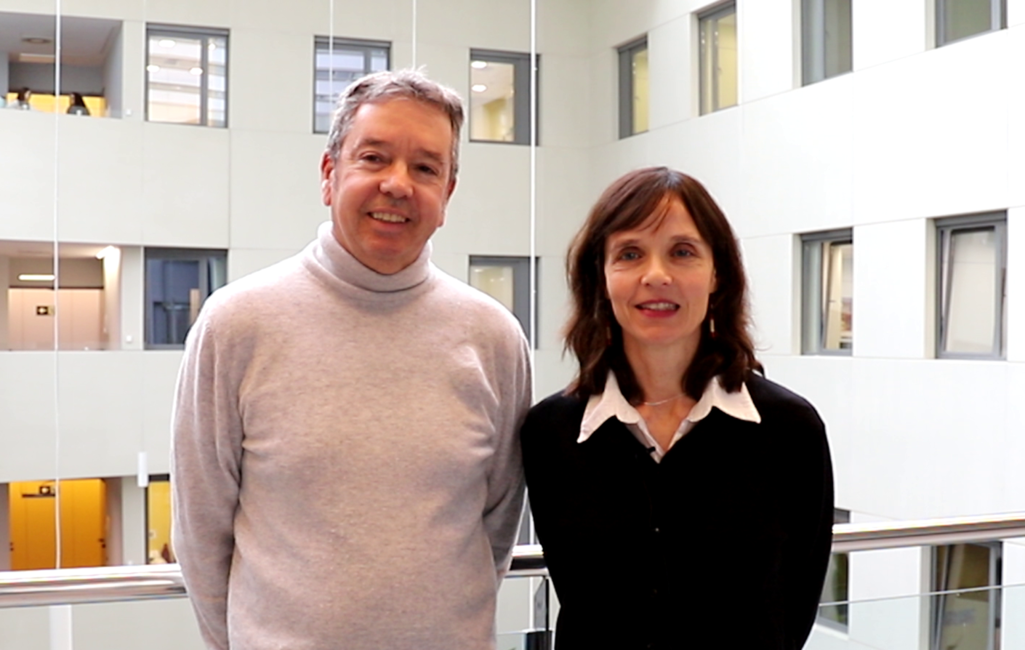Haematology experts meet at the 4th edition of the NEXT course on the latest advances in the diagnosis of leukaemia
The 4th edition of the NEXT course, organised by doctors Eulàlia Genescà and Francesc Solé, from the Josep Carreras Institute, and the Spanish Society of Haematology and Haemotherapy (SEHH), focuses on new technologies that enable a more precise diagnosis and a more personalised treatment for patients, such as Optical Genome Mapping, RNAseq and Artificial Intelligence.

The Spanish Society of Haematology and Haemotherapy (SEHH) and the Josep Carreras Leukaemia Research Institute have organised the fourth edition of the course "NEXT, New Generation Diagnosis in Leukaemia", which had the scientific support of the Spanish Haematology Treatment Programme (PETHEMA) of the SEHH. Under the coordination of Eulàlia Genescà and Francesc Solé, from the Josep Carreras Institute (Badalona, Barcelona), the course presented the latest technological advances in the diagnosis of haematological cancer. It has also presented the technical approaches used in research that could be applied to haematological diagnosis in the future.
According to both experts, "the integrated diagnosis of haematological cancer has evolved over the recent years, incorporating new technologies to try to obtain the most accurate and personalised diagnosis possible". Massive next-generation sequencing (NGS), one of the latest-generation omics, is creating great expectations, and is already being regularly used in many national centres. "It should be applied in every case, without exception”. Optical Genome Mapping (OMG) and nanopore technology are also at the forefront of omics techniques. "The present and future of OMG is being discussed. With this technology, a single test can detect numerical and structural alterations with a very high resolution, without the need for dividing cells". The Spanish Cooperative Group of Haematological Cytogenetics (GCECH), of the SEHH, is leading some national and international projects aiming to determine its application in the genetic diagnosis of blood cancer.
In addition, functional tests will be able to complement diagnosis by providing information on treatment. The development of computer platforms/programmes where all these data can be integrated will facilitate the application of an integrated diagnosis.
Artificial intelligence (AI) "is already being used and will be increasingly involved in the diagnosis and prognosis of haematological cancers. It will also help to improve the clinical management of patients," say Dr Genescà and Dr Solé.
In Spain "there is still a long way to go and its use is at a very preliminary stage compared to other countries. However, some have already started to apply computer programmes to analyse cytometry data. These programmes have been created with AI from the analysis of a large amount of flow cytometry data". In some cases, this technology has also been applied in the creation of control cohorts for clinical trials, which experts think will be groundbreaking in the field.